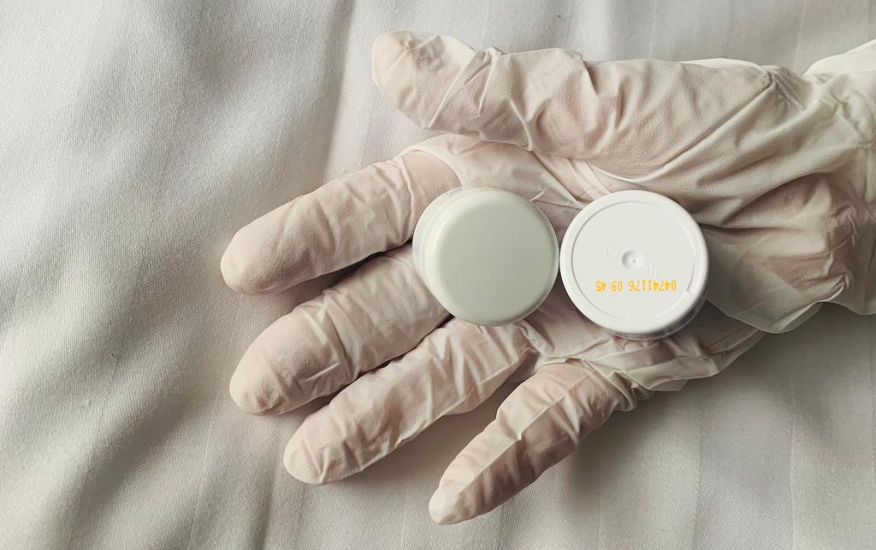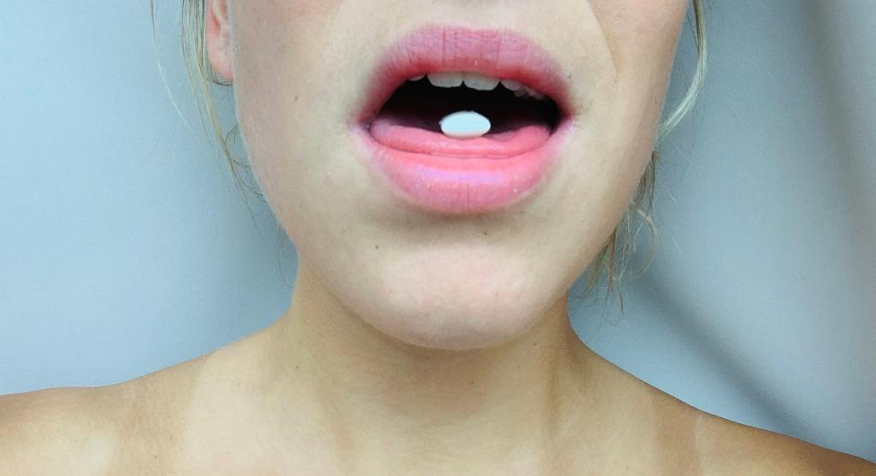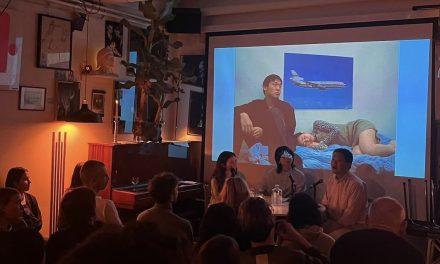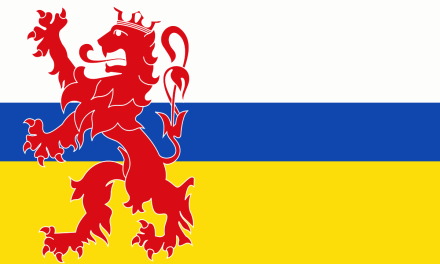“I can’t do anything with this, I refer people to 113 or their family doctor”
On 28 May 2002, legislation was introduced allowing euthanasia to be performed under strict conditions. This immediately opened a difficult debate, over the guidelines on when a euthanasia request is granted and when it is denied. In recent years, there has been much debate about the rules governing the euthanasia law, with the main ethical issue remaining. When is it permissible and when is it not.
The euthanasia law has strict rules around consenting to a declaration of euthanasia, with the aim of protecting society and the right “to life”. The strict requirements adhered to in the euthanasia law ensure that a proportion of people applying for a euthanasia declaration request it to be rejected. People with mental health problems, advanced dementia or unbearable tinnitus, for example, sometimes end up in a years-long process after a request or are told it is rejected. In these cases, people are sometimes desperate and and look for other options to fulfil their wish for euthanasia. Through illegal websites, people buy suicide drugs or choose other ways to end their lives. The ethical question that has raised difficult issues for years is where do we draw a line? Suicides must stop, but euthanasia laws must have strict rules to protect the safety of the Dutch.
Ending a life is punishable in the Netherlands. Only doctors, under strict conditions set out in the euthanasia law, can legally help someone end their own life. Only through medical cause can a request for euthanasia be approved under the euthanasia law, which requires a doctor to adhere to 6 strict requirements. This process must then also be approved by a second doctor. The two requirements on which most patients are rejected are the two physical requirements. For an approval is that the doctor must be convinced that the choices were made voluntarily and that they were well thought out. If an art declares a patient unaccountable, for example, the request will be rejected, a choices must have been deliberately made. The request for euthanasia must really come from the patient himself and the choices must not be made by a person other than the patient himself. So this has to do with the fact that it must be a voluntary choice. Another rule is that a doctor must be convinced that the patient’s situation is hopeless and the patient is suffering unbearably. The patient must have a diagnosis stating that a cure is no longer possible or that there is unnecessary suffering with no chance of reducing this suffering. When a patient meets these requirements, the euthanasia application is approved in most cases.
Mr Berry van Schaijk has worked as a pharmacist for decades. He is aware of the rules and legislation surrounding euthanasia and talks about experiences he has around this law: “In the Netherlands, we have one of the most far-reaching laws surrounding euthanasia. Both the doctor and the pharmacist as well as the patient against himself are well protected. Of course, it is very important to find out whether it is, own will or not. The necessity of the euthanasia request is assessed by an SCEN doctor at all times, which is a good thing. This is primarily for the protection of the patient himself. If the law is relaxed, a euthanasia declaration could lead to manslaughter or murder. A pharmacist makes/purchases the stuff and is partly responsible. So pharmacists are aware and can legally even refuse. People also ask through my website for the poisons they need to end their lives. I can’t do anything with this and send them to the 113 helpline or to their GP.” Internationally, people are trying to buy drugs to commit euthanasia through illegal websites. What can the government do about this? Van Schaijk; “It should be banned in a European context, only in NL makes no sense. The Dutch government can only put the drugs on the banned substances list.”





![[Recensie] La Piazza Basilico](https://svjmedia.nl/specialisaties/wp-content/uploads/sites/735/2024/06/binnenkant-piazza-basilico-440x264.jpg)
